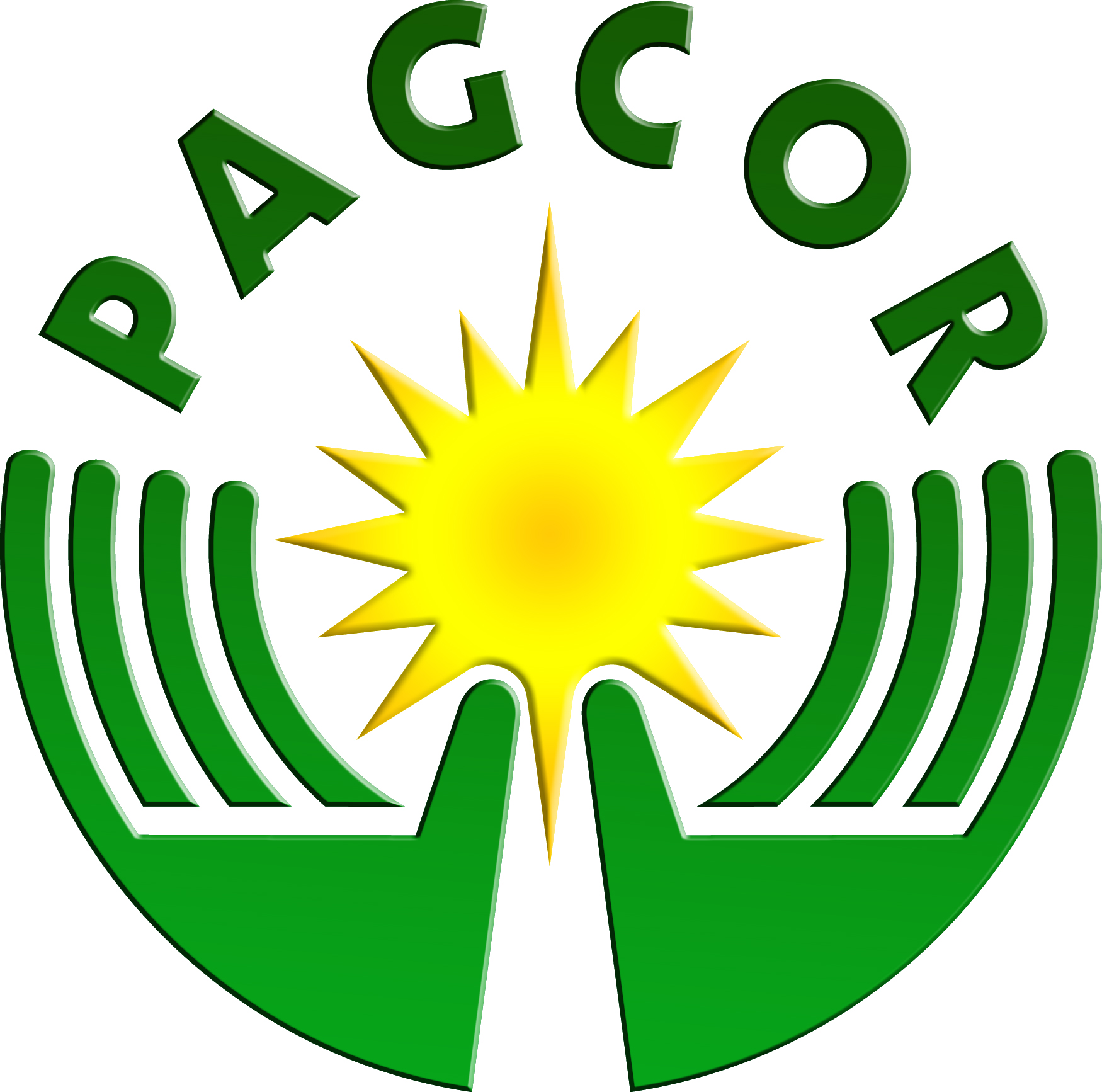

The Corporation was created during the Martial Law years by virtue of a Presidential Decree (PD1067-A) issued by then President Ferdinand Marcos in response to calls for the Philippine Government to put a stop to the growing proliferation of illegal casino operations in various parts of the country then.
After its establishment, PAGCOR entered into a contract with Philippine Casino Operators Corporation (PCOC) for the operation of the floating casino in the Manila Bay in 1977. However, after the floating casino was gutted by fire in 1979, PAGCOR shifted its focus to land-based casinos and entered into another contract with PCOC for the management of a casino at the Provident International and Resources Corporation (PIRC) building on Imelda Avenue, Parañaque City, Metro Manila, Philippines. Then, under Presidential Decree 1869, decreed in 1983, it was mandated to act as the sole government corporation conducting and establishing gaming pools and casinos in the country.
In 1986, it was re-established and reorganized by Philippine President Corazon C. Aquino as a New PAGCOR to help raise funds for the government; Norberto Quisumbing was appointed as its first Chairman, followed by the former Development Bank of the Philippines Chair Alicia LL. Reyes as its Chair and CEO.
Under its Charter, PAGCOR was given a three-pronged mandate:
In June 2007, Republic Act No. 9487 was passed by the Philippine Congress, extending the corporate life of the state-run gaming firm by 25 years, renewable for another 25 years, and prescribing the following amendments to the PAGCOR Charter:
PAGCOR operates 9 casino branches in major cities across the country’s three major islands. Collectively called Casino Filipino, these branches are strategically located in areas that are popular tourist destinations: • METRO MANILA o Casino Filipino Malate o Casino Filipino Ronquillo • LUZON o Casino Filipino Angeles o Casino Filipino Ilocos Norte o Casino Filipino Olongapo o Casino Filipino Tagaytay • VISAYAS & MINDANAO o Casino Filipino Bacolod o Casino Filipino Cebu o Casino Filipino Davao
PAGCOR operates 35 satellite casinos in major cities across the country’s three major islands. These satellite casinos are strategically located in areas that are popular tourist destinations:
• METRO MANILA
o Binondo Satellite
o Citystate Satellite
o Grandz Satellite
o Madison Satellite
o Malabon Satellite
o Manila Grand Opera Satellite
o Midas Satellite
o Networld Satellite
o Pan Pacific Satellite
o Sofitel Satellite
o Tropicana Las Piñas Satellite
o Tropicana Sta. Mesa Satellite
• LUZON
o Biñan Satellite
o Calamba Satellite
o Capital Satellite
o Carmona Satellite
o Greenery Satellite
o Kartini Satellite
o Leisure World Satellite
o Mimosa Satellite
o Oriental Pavilion Satellite
o Sta. Rosa Satellite
o San Pedro Satellite
o Subic Yacht Club Satellite
o Venezia Satellite
• VISAYAS & MINDANAO
o Apo View Satellite
o Crown Regency Satellite
o Fuente Osmeña Satellite
o General Santos Satellite
o Iloilo Satellite
o Mactan Satellite
o Mactan Isla Satellite
o Opol Satellite
o Parkmall Satellite
o Tagum Satellite
In accordance with its Charter and other governing laws, PAGCOR earnings are distributed as follows: • 5 percent of winnings goes to the BIR as franchise tax; • 50 percent of the 95 percent balance goes to the National Treasury as the National Government’s mandated income share; • Cities hosting PAGCOR casinos are given fixed amount for their respective community development projects; • PAGCOR pays Corporate Income Tax in compliance with the National Internal Revenue Code; • 5 percent of the balance after the franchise tax and the National Government’s mandated income share goes to the Philippine Sports Commission for financing of the country’s sports development programs; • 1 percent of the net income goes to the Board of Claims, an agency under the Department of Justice, which compensates victims of wrongful detention and prosecution;
Aside from these, PAGCOR has also been tapped to provide funds for the implementation of vital laws such as the Comprehensive Dangerous Drugs Act of 2022 which is for the establishment, maintenance and operation of drug rehabilitation centers in the country, and the Sports Incentives and Benefits Act which provides monetary rewards to athletes who win in international sports competitions.
Presently, PAGCOR is in coordination with the Department of Energy for the implementation of RA 9153 or the Renewable Energy Act of 2008, funding of which will be sourced from 1.5% of PAGCOR’s annual net income.
The remaining balance of PAGCOR’s income is remitted to the Social Fund to sustain the priority projects of the Office of the President.
Pursuant to RA 7656 or the Dividend Law, PAGCOR remits at least 50% of its annual net earnings as cash, stock and/or property as dividends to the National Government.
Complete details disclosed in the PAGCOR Annual Audited Financial Statement for the year 2021, under sections 33 and 35, which is posted in Transparency Seal of the official website. Link: https://www.pagcor.ph/transparency/docs/2021-COA-AAR.pdf
Apart from its mandatory contributions to various agencies and entities, PAGCOR has also been undertaking major Corporate Social Responsibility projects under the leadership of its present management.
To create an environment that propels the development of the Philippine gaming and entertainment industry
To be a responsible and responsive partner of the Philippine government in its nation-building programs
To establish and enforce a regulatory framework that preserves the integrity of the Philippine gaming industry
By 2028, PAGCOR will generate 12.5 BILLION U.S. DOLLARS from the gaming industry to become the leading authority in the ASEAN region and increase its role as a major partner in nation-building.
Integrity
Firm adherence to the highest ethical and professional standards
Accountability
Open and transparent business dealings with stakeholders
Social Reponsibility
Giving back for nation-building
Customer Service Excellence
Upholding the highest global standards in customer service and satisfying the needs of our customers at all times
Teamwork
Each member contributes one's talents and skills to achieve a common goal
| POSITION | NAME |
|---|---|
| No results found | |